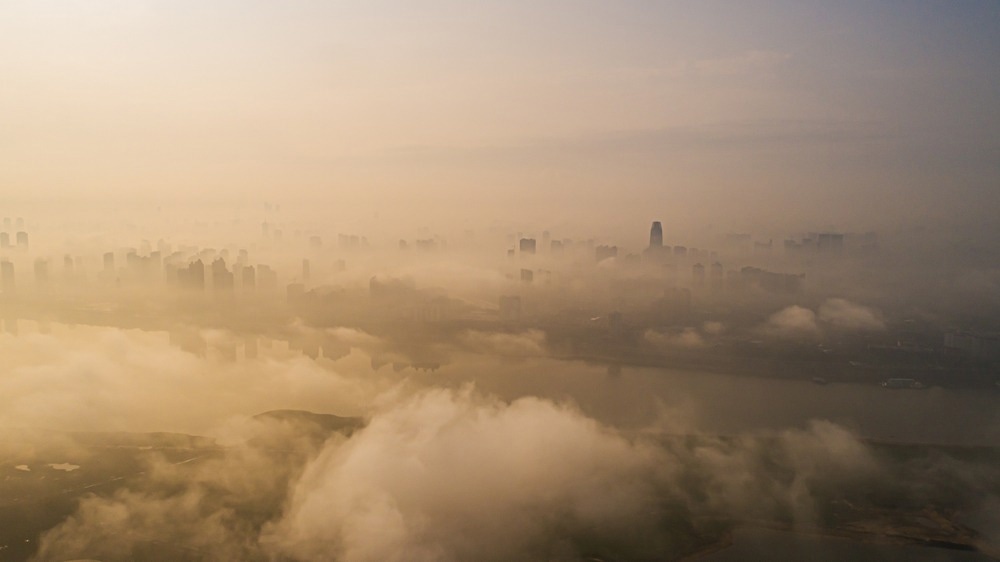According to University of Surrey experts, there may be better air if people are given the tools to monitor local pollution. Over the course of a five-month project, volunteers from Zero Carbon Guildford collaborated with scientists from Surrey's Global Centre for Clean Air Research (GCARE) to develop a novel real-time air quality monitoring system.

Image Credit: hrui/Shutterstock.com
The information increased public awareness of pollution levels. The group expects that comparable initiatives would enable localities to enhance their air quality. The team placed 10 inexpensive sensors in the Zero Carbon Guildford building, a sizable public area in the town center.
The public requested data on air pollution in real-time, and researchers used a recently developed method to provide it. Pollution levels were represented by emojis, ranging from "good" to "very high."
Rather than study them from afar, we asked the local community what they wanted to know. We designed this research with them and helped them understand how to improve their air quality. We need more work like this. When scientists, public bodies, and citizens come together, they can create a healthier environment for all.
Prashant Kumar, Professor and Director, Global Centre for Clean Air Research, University of Surrey
Due to more people breathing it out, researchers discovered that big gatherings increased the amount of dust and CO2 in the atmosphere. Smaller particles inside the building increased during peak hours due to the street outside experiencing high levels of air pollution. After that, an interactive quiz gave the audience advice on how to enhance the quality of the air.
Prashant Kumar adds, “We found that large gatherings can worsen the air quality indoors, and pollution outside can find its way in. But knowledge is power. Our study helped people find better ways to ventilate their homes and workplaces – improving air quality and improving their health.”
Polluted air causes around 7 million premature deaths a year. This collaborative work is a leading example of how to help local communities understand the situation where they live and work. This empowers them to solve their own air quality challenges. Our approach does not cost much, but could transform public health for millions.
Ben McCallan, Co-Author and Former Chair Person, Zero Carbon Guildford
The study illustrates Surrey's contribution to UN Sustainability Goal 11-Sustainable Cities and Communities. The study has been published in Sustainable Horizons.
Journal Reference:
Abhijith, K., et.al. (2024). Improving air pollution awareness of the general public through citizen science approach. Sustainable Horizons. doi.org/10.1016/j.horiz.2023.100086